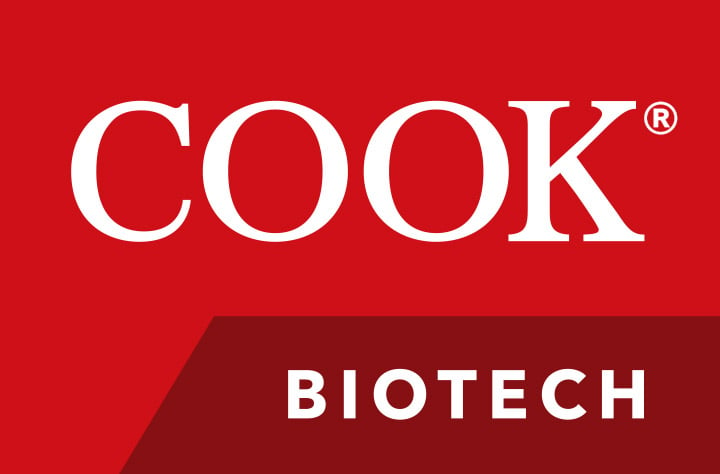
A team of Georgia Tech scientists developed a composite of an elastomer and small intestinal submucosa (SIS)
This combination product is expected to be used for designing implantable devices for soft tissue regeneration in many different applications.
The goal of tissue engineering is to restore lost or diseased tissue with engineered materials—either biologic or synthetic in origin—that closely match the mechanical and biological properties of the target tissue. However, current soft tissue repair materials lack the mechanical requirements necessary for minimally invasive delivery and the strength to withstand the forces necessary to support tissue regeneration throughout the healing process.
Elastomers are a recently developed class of materials that can be manufactured to approximate the mechanical properties of soft tissues; however, these materials are resistant to tissue ingrowth and cannot be easily implanted during MIS procedures without risk of fracture or failure. To improve upon this class of materials, Dr. Scott Hollister’s team at the Georgia Institute of Technology has developed a biodegradable, shape-memory elastomer, poly-(glycerol dodecanedioate), or PGD, which meets the clinical needs required for MIS delivery while allowing some tunability of the mechanical properties to model different soft tissues. To improve the tunability of the PGD elastomer, Dr. Hollister’s team combined PGD with sheets of SIS as well as particulate SIS.1 This paper describes the initial work of creating different formulations and examining how the PGD-SIS behaved. The authors report that the combination of PGD and particulate SIS most closely resembled the tensile properties of heart tissue, a particular challenge since heart muscle is highly elastic. SIS has already been used extensively in various applications for cardiac repair. Future work to examine how these SIS and elastomer composites function in physiologically relevant models holds promise for new regenerative therapies.
1. Ramaraju H, Ul-Haque A, Verga AS, Bocks ML, Hollister SJ. Modulating nonlinear elastic behavior of biodegradable shape memory elastomer and small intestinal submucosa (SIS) composites for soft tissue repair. J Mech Behav Biomed Mater. 2020;110:103965.
